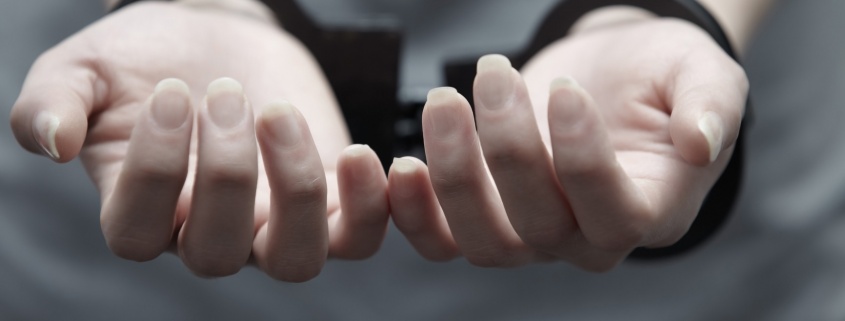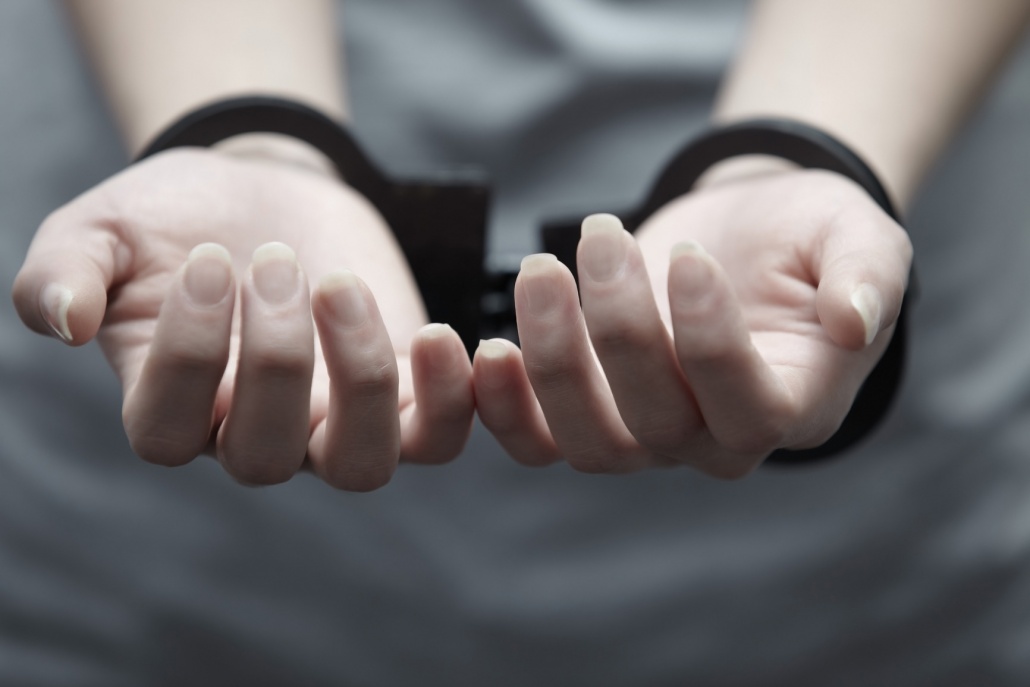Bail: a hindrance to truth and justice
By Sajid Khan
In every California criminal trial, judges read the following jury instruction several times, “A defendant in a criminal case is presumed to be innocent. This presumption requires that the People prove a defendant guilty beyond a reasonable doubt.” Juries are instructed that the accused’s arrest or the fact they were charged with crimes are not evidence of their guilt. The presumption of innocence is a fundamental cornerstone of the American criminal justice system.
Yet when police arrest people and authorities charge them with felonies, the presumption of innocence disappears. Judges set bail; the charges are presumed to be true and the defendants assumed to be guilty. The accused are inherently considered dangers to society and flight risks. The newly minted “defendants” are faced with a significant dilemma: post bail or languish in local county jail custody until the case has resolved. They are locked up or forced to pay up regardless of the evidence, before any accusation has been vetted by a judge or proven true beyond a reasonable doubt.
Bail is not cheap. For most felony accusations, judges set bail at a minimum of ten thousand dollars. The more serious the charges, the higher the bail amount, sometimes reaching six or even seven digits. Few people, even the well-to-do, can afford, on their own, to post such amounts. The high bail figures force families to resort to bail bond companies who in turn profit from and exploit the vulnerabilities of the criminally accused. Bail companies often demand 10% of the bail amount in exchange for posting bail. For example, one accused of felony domestic violence (inflicting injury on a spouse or cohabitant), has bail set at a minimum of ten thousand dollars. The accused must post that amount, pay a bail company one thousand (money that will not be returned), or sit in jail.
There is no sliding scale bail. The bail amounts generally remain the same for all accused, poor or wealthy. As such, the impoverished, which make up the majority of the criminally accused masses, are not afforded the same justice system as their wealthier peers. They are less likely able to have the means to post bail or will suffer a relatively more serious financial hit as a result of an arrest or criminal charge. They are more likely to languish in jail during the pendency of their case as opposed to the comforts of their homes.
Impoverished defendants, therefore, face a harsher reality due to the inequities of the bail system. Clients sit in jail cells waiting as their cases filter through the judicial process. They itch to get out, to get back to their families and lives on the outside. Prosecutors take full advantage and prey on the vulnerabilities of those who can’t afford bail. They offer defendants what is referred to my colleagues as the “devil’s bargain”: admit the charges and get out of jail today (with probation). Clients, unable to post bail, must decide: sit in jail and fight the case at trial with possibility of a conviction and more incarceration or take the deal and get out of jail that day, albeit saddled with a criminal conviction. This dilemma confronts only those in jail (mostly those who can’t afford bail) and not those who can afford to pay. More often than not, my clients jump on the devil’s bargain, pleading guilty to serious felonies (mostly California strikes) to get out jail that day. The truth of the charges is an afterthought. The clients admit the charges not necessarily because they’re true or because they in fact committed the crime, but primarily to get out of the shackles of county facilities. Clients are given a salve to their itch. Prosecutors get their conviction. Everyone wins except any notion of truth and justice.
The bail system needs a significant overhaul to correct these disparities and to ensure that all criminally accused, regardless of socio economic status, receive comparable due process. Systems of sliding scale bail should be explored so that poor people are afforded the same opportunity of pretrial release as their wealthier peers. Pretrial service programs that permit the release of accused into the community with certain conditions like counseling, drug testing and supervision should be expanded. These changes will bring the presumption of innocence alive, allowing it to flourish as a reality rather than to wallow as empty words.















2015
945 views
views
0
comments